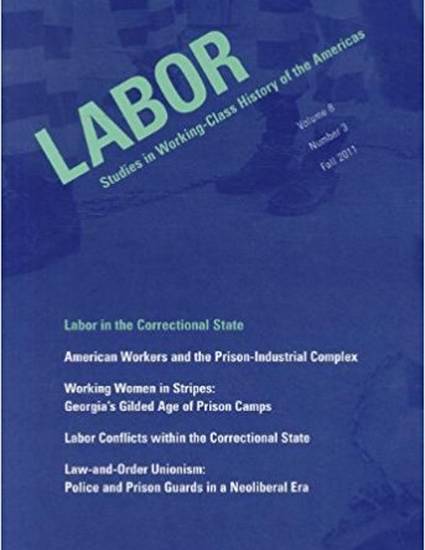
The recent consensus on political culture in the Congress of Industrial Organizations (CIO) emphasizes the view that working-class or labor-movement consciousness took shape through broad ideological appeals tied to a shared national political culture and the opening provided by the New Deal. In contrast, this analysis highlights the significance to the CIO of a distinct form of working-class consciousness rooted in local experiences and workplace relationships. In particular, this article explores the political culture and significance of United Autoworkers (UAW) Local 212 from the late 1930s through World War II, revealing that those workers helped to shape the UAW even as they embraced a local identity of rank-and-file militancy and related political radicalism that was confidently at odds with the overall trajectory of New Deal labor relations endorsed by national union leaders.
Available at: http://works.bepress.com/charleswilliams/6/
